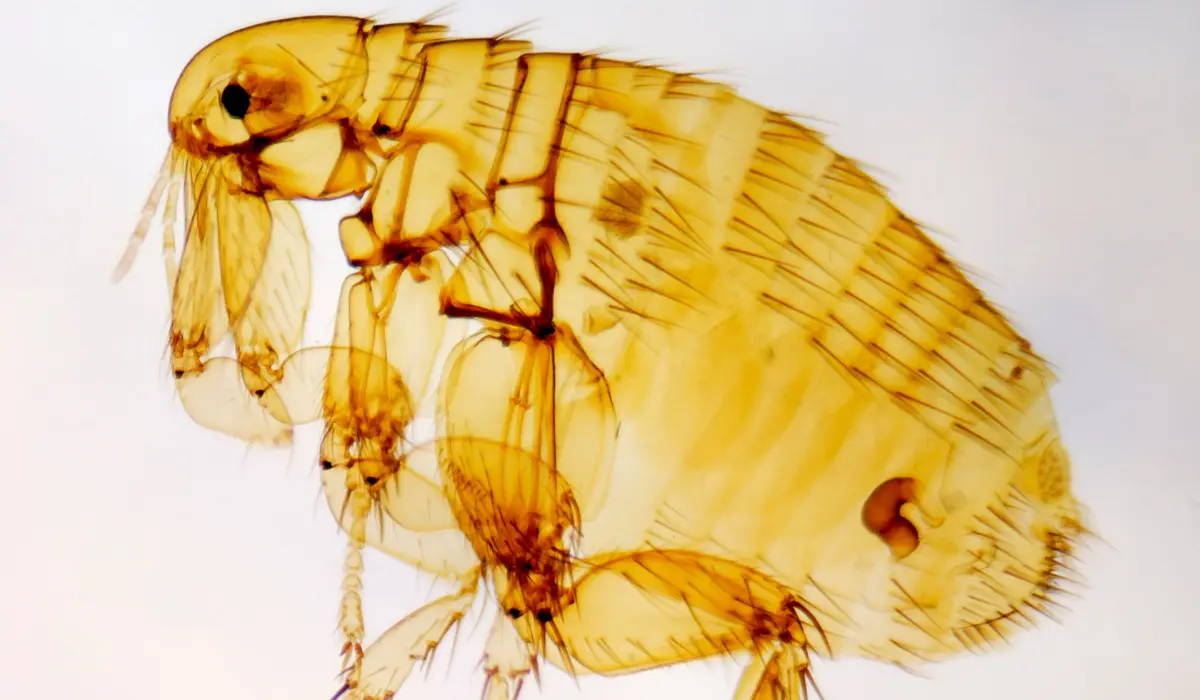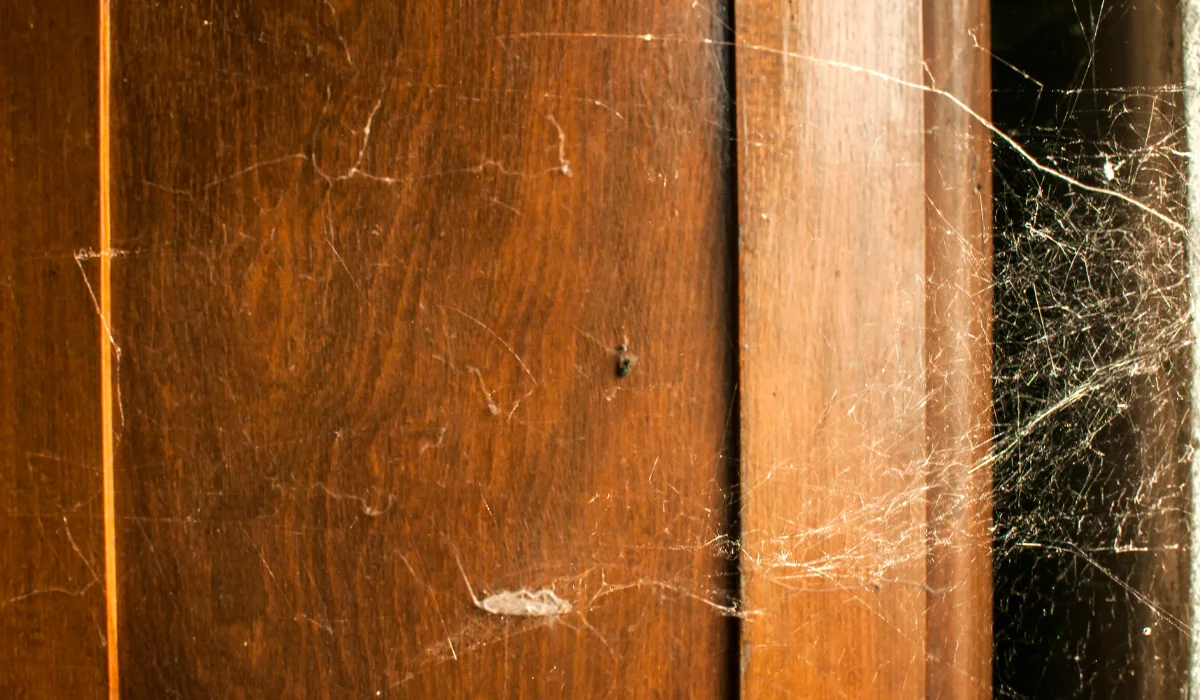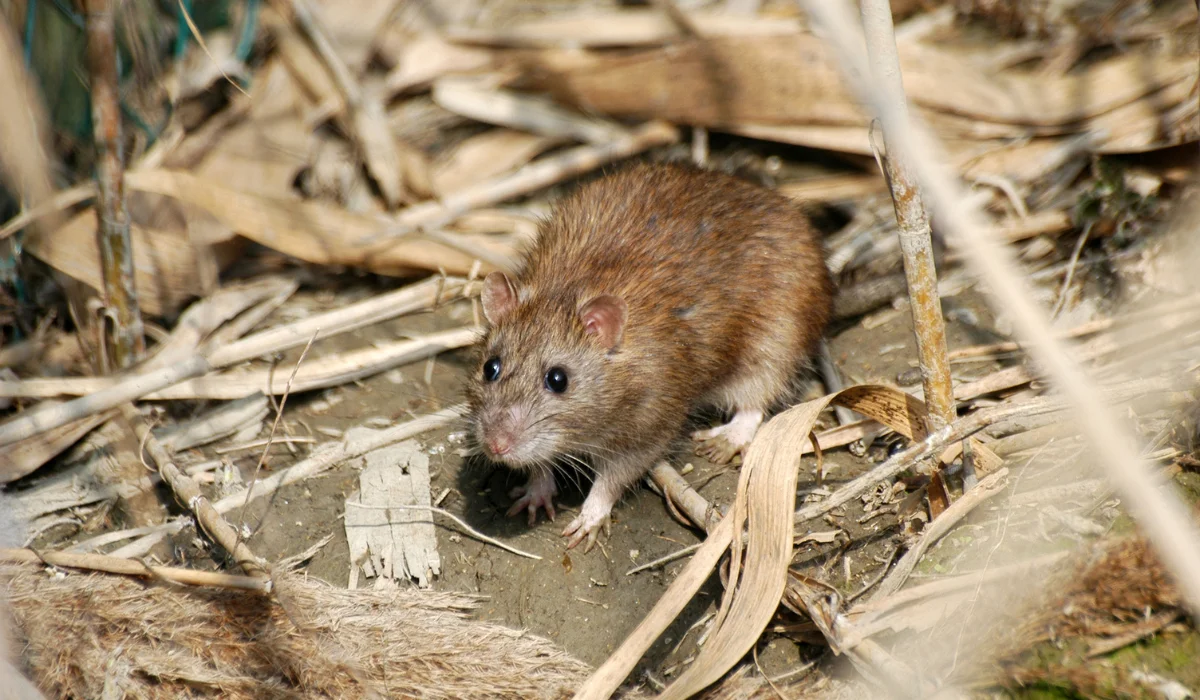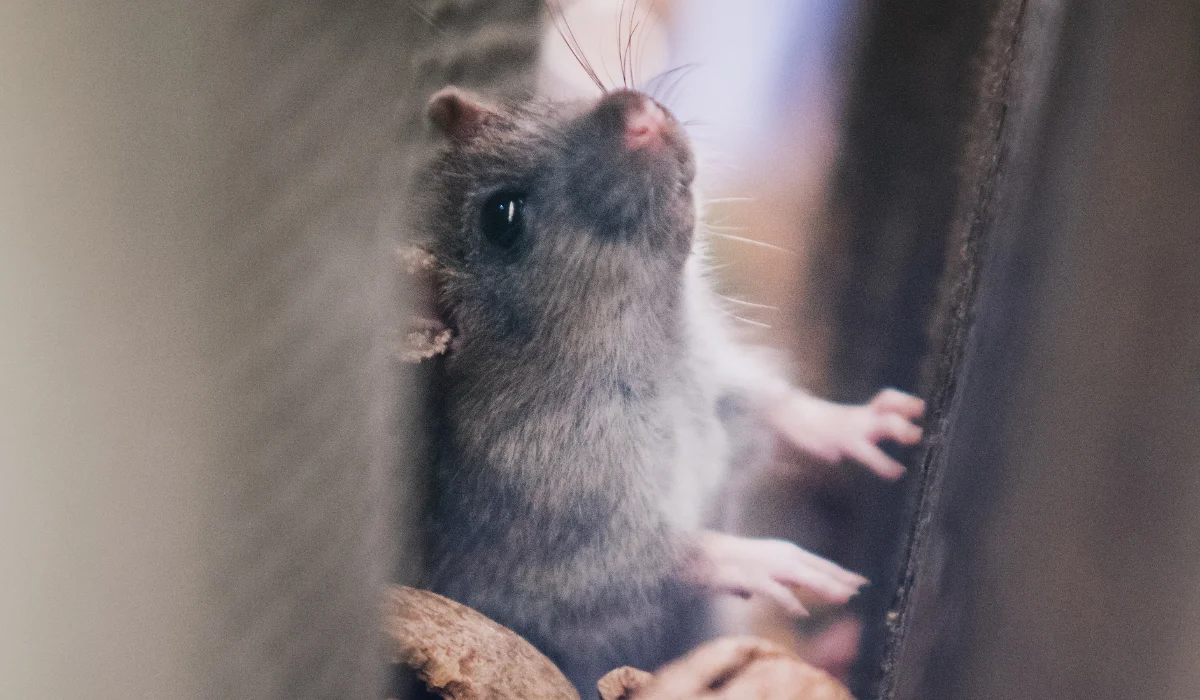Ever found yourself scratching your head about whether fleas can die on their own?
Fleas are known for being particularly persistent pests. These tiny insects can be more of a problem than you might think.
Can they just die without intervention, or do they need a nudge from you? Keep reading to find out everything you need to know.
Key Takeaways
- Fleas are resilient pests that can survive for weeks without a host, making it unlikely they will die off on their own in your home.
- Waiting for fleas to die naturally can lead to discomfort, health risks, and a worsening infestation.
- Effective flea control requires treating your home and pets with specialized products to break the flea life cycle.
- Professional pest control services offer solutions to get rid of severe flea infestations when DIY methods are insufficient.
DO FLEAS DIE OFF ON THEIR OWN?
Dog and cat fleas have a complex life cycle that involves several stages. While some fleas can die on their own, it isn’t a reliable solution to a flea problem.
Debunking The Myth
Many believe fleas will simply die off without intervention at the end of their lifespan.
However, adult fleas can survive for weeks without a host, and flea eggs and larvae lay dormant in carpets, bedding, and furniture. Fleas in cocoons are especially hardy. This pupae stage can last several months, protecting the developing pest.
Fleas transition through life stages and can wait for favorable conditions to emerge. Given their resilience, they rarely die off in homes without targeted efforts to get rid of them.
DON’T WAIT FOR FLEAS TO DIE
As you consider letting a cat or dog flea infestation run its course, it’s crucial to understand their ongoing impact on your home.
Here is why waiting for fleas to die naturally is ineffective and detrimental to your household’s health and comfort.
Flea Bites
Fleas don’t die out quickly, and during their lifecycle, they keep biting. Like bed bugs, female fleas are especially the most frequent biters to lay eggs.
These bites cause discomfort and itching. Some people and pets are allergic to flea bites, which can lead to a rash and inflammation.
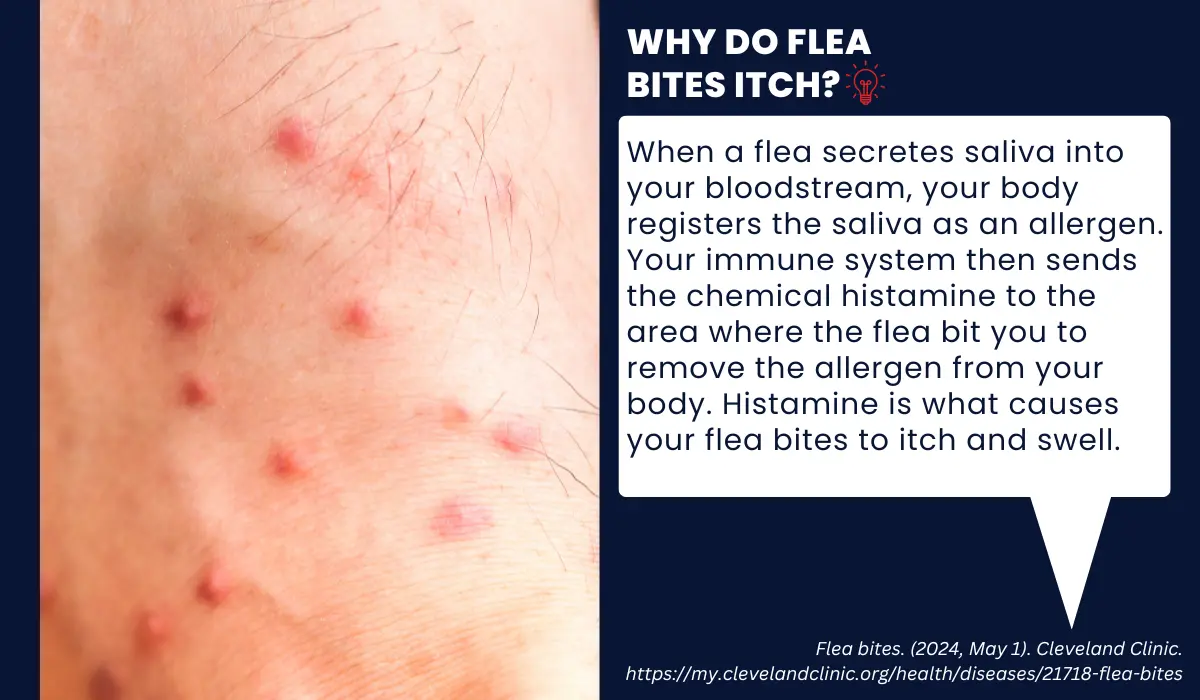
Flea Dirt and Feces
Fleas leave behind “flea dirt,” which is their feces. This dirt contains undigested pet or human blood meal. It can cause infections and skin irritations in the household.
Spread of Tapeworms
Fleas can carry larval tapeworms. As pets groom themselves, they might ingest fleas. When tapeworm eggs hatch, infestations can occur. Ignoring fleas increases the risk of tapeworms, leading to further health problems.
It Will Make the Problem Worse
Your flea infestation is very likely to get worse if you rely on the natural death of fleas. Preventative measures and treatments are essential. Effective flea control in New Orleans involves breaking the lifecycle, which doesn’t happen by just waiting.
HOW TO GET RID OF FLEAS
Good flea control involves both treating your home and your pets. Using specific products and methods, you can get rid of fleas more quickly for year-round protection.
For Home
- Products: Use products specifically formulated for fleas. Spray carpets, rugs, and upholstered furniture, focusing on where pets spend most of their time.
- Flea Spray: A good household spray can tackle adults and flea larvae. Cover all floors and under furniture. Repeat in your yard as needed.
- Washing Bedding: Wash all pet bedding and removable upholstery covers in hot water with soap. This will kill both fleas and their eggs.
- Flea Traps: To catch adult fleas, place flea traps around the home. These traps use light and heat to lure fleas onto adhesive pads.
- Vacuuming: Vacuum frequently, especially in areas where pets rest. Dispose of vacuum bags promptly, preferably in a sealed plastic bag outside.
For Pets
- Flea Comb: Comb your pet’s fur with a fine-toothed flea comb. Dunk the comb in soapy water after each swipe to kill live fleas.
- Topical Treatments: Products like Frontline are applied directly to your pet’s skin. Follow the product’s guidelines for the best results.
- Oral Medications: Prescription flea treatment medications can kill fleas quickly and are often easier to administer. Consult your vet for the best option.
- Flea Collars: Use flea collars for ongoing flea prevention. These collars release chemicals that repel and kill fleas.
- Bathing: Ensure the shampoo lathers well and leave it on for the recommended time before rinsing thoroughly.
TIME TO CALL A PROFESSIONAL?
Sometimes, dealing with fleas can get out of hand. When DIY pest control isn’t making a difference and the flea problem persists, calling a pest control company, like our team here at LaJaunie’s, may be necessary.
Whether you’re in Baton Rouge or New Orleans, or need flea control in Slidell. For immediate intervention for a severe infestation, let Lajaunie’s flea control specialists tailor a solution that’s right for your home.
For more information about our services, visit our service page.
 By: LaJaunie's Pest Control
By: LaJaunie's Pest Control 